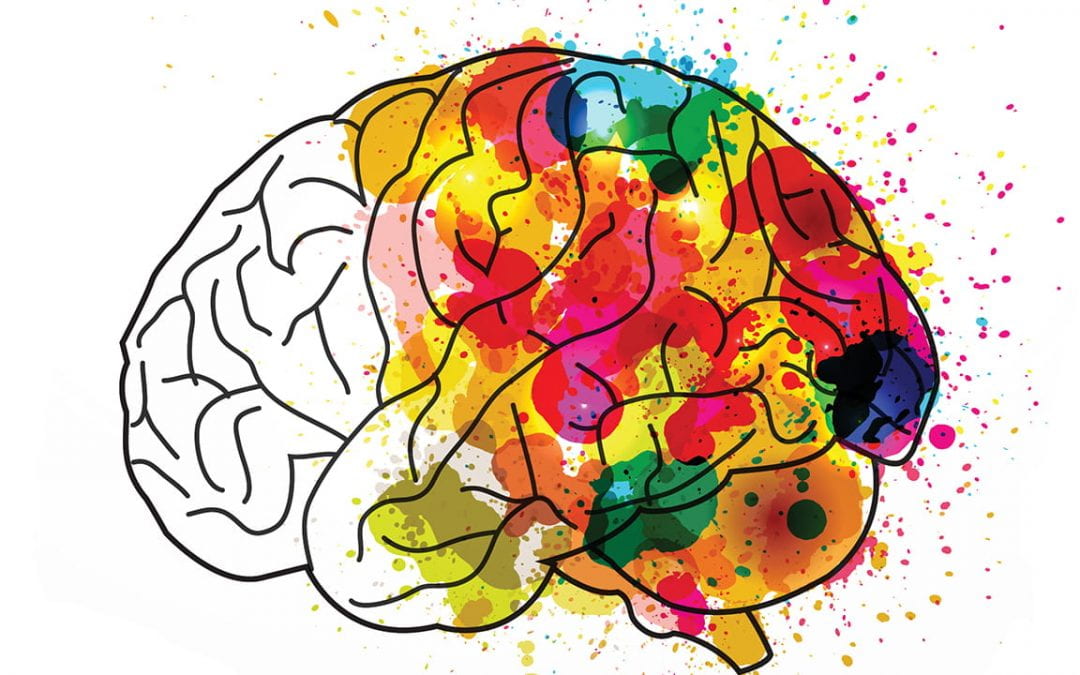Author:
Researcher Hazard made a significant observation about how identity, literacy, and education are not only personal attributes or skills. They are socially constructed concepts influenced by interaction, communities, and cultures. This means that our understanding of who we are, how we read and write, and the ways we learn are all shaped by the societal framework around us.
Literacy goes beyond the ability to read and write. It is a broad set of competencies that includes critical thinking and being able to interact with diverse modes of communication. Literacy practices differ across cultures. It is, therefore, important to embrace teaching approaches that are sensitive to the diverse literacy levels and learning styles of our students.
For instance, project-based work provides endless opportunities for students and the distinctive attributes of the community (Bell, 2010). When we think about identity, it’s clear that our identities are shaped by our backgrounds, cultures, and experiences. They play a pivotal role in how we see ourselves and how others perceive us.
Education, then, becomes the space where these identities and literacies intersect. The traditional education system often focuses on employment opportunities, which can alienate students from citizenship, the planet, and the community. The community should be fully involved in education at all levels for a meaningful impact like (Livingstone and Sefton-Green, 2016). When Hazard discusses these constructs, he invites educators to consider how their teaching practices can either reinforce or challenge societal norms. He reiterates the need for more cooperative and project-oriented frameworks such as ESD (UNESCO, 2016).
In conclusion, Hazard’s insights into identity, literacy, and education as socially constructed phenomena challenge us to rethink how we approach teaching. It’s crucial for educators to engage in ongoing professional development to understand the cultural contexts of their students better. Furthermore, teachers must reconstruct the education landscape so that students can define their identities and communities rather than simply preparing them for the workforce.
References
Bell, S. (2010). Project-Based Learning for the 21st Century: Skills for the Future.
https://doi.org/10.1080/00098650903505415
Hazard, R. (2019). Supporting for 21st century skills in language and literacy classrooms with a multiliteracies approach. https://moodle.tru.ca/pluginfile.php/3927062/mod_resource/content/1/Supporting%2021st%20Century%20Skills%20%28Hazard%2C%202019%29.pdf
UNESCO (2016). Education for people and planet: Creating sustainable future for all. https://uis.unesco.org/sites/default/files/documents/education-for-people-and-planet-creating-sustainable-futures-for-all-gemr-2016-en.pdf
Livingstone, S. & Sefton-Green, J. (2016). The Class: Living and Learning in the Digital Age. https://www.researchgate.net/publication/291601764_The_class_Living_and_learning_in_the_digital_age

Hello Aidana,
I agree with you that literacy, education, and identity are socially constructed and profoundly affected by interactions within the community and culture. I appreciate your belief that literacy extends beyond reading and writing to include critical thinking and diverse communication skills. Your focus on community service and project-based learning is insightful since these give education a greater meaning. However, I would appreciate more specific examples of how teachers might successfully apply these strategies. I learned about the significance of combining identity and literacy in teaching from your discussion. I would like to explore more how these concepts can be used in standardized curricula while upholding academic integrity. Additionally, understanding the challenges educators face in adopting socially responsive education would provide a more comprehensive perspective.
Hello Summit,
I value your reflective response and eagerness to learn more about certain parts of my write up. Additionally, your enthusiasm for examining authentic examples of teachers’ infusion of community service and project-based learning in the classroom. For example, teachers can plan projects that tackle actual social problems in society, thereby enabling students to become involved in their community as they build their critical thinking and communication skills. In standardized curricula, incorporating diverse cultural perspectives and student voice can balance social relevance with academic rigor. However, challenges in the form of limited resources, pressures of standardized testing, and diversity of student needs can complicate the realization of socially responsive education. Overcoming these challenges requires innovative approaches and ongoing professional learning.
Hi Aidana,
Thank you for your sharing. Hazard’s perspective highlights how identity, literacy, and education are constructed and shaped by culture, community, and interactive societies. This challenges the traditional view of education as an individual pursuit and calls for a more inclusive and responsive approach to teaching. Literacy is not limited to reading and writing, but also includes critical thinking and a variety of communication skills. A one-size-fits-all approach to teaching ignores cultural differences in learning, so an inclusive approach to teaching must be adopted, teachers play a vital role in shaping perspectives, making ongoing professional development essential. By employing a collaborative, culturally aware framework, educators can empower students to identify themselves.
Hello Chun,
I completely agree with your point of view. Hazard believes the value of education must be considered as a collective experience, one shaped by community and culture, and not an individual undertaking. In addition to expanding the definition of literacy, inclusive thoughts also helps to facilitate critical thinking and varied communication abilities. Teachers, as the central figures in this project, must make room for the students’ cultural and social backgrounds to ensure that education is accessible and relevant to everyone. Teachers need to keep their skills up to date to create an environment where students are valued and given a chance to express their identity.